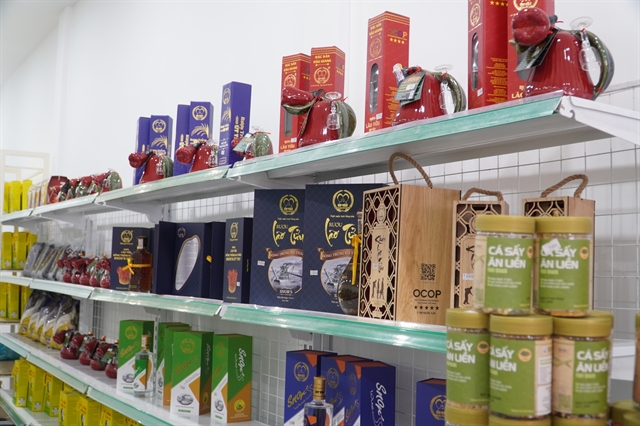 Society
Society

Việt Nam has over 15,000 scientific journals published internationally in the last five years, marking an average yearly increase of 17 per cent, according to Web of Science.
 |
| A laboratory of HCM City’s Bio-technology Centre. — VNA/VNS Photo Mạnh Linh |
HÀ NỘI — Việt Nam has over 15,000 scientific journals published internationally in the last five years, marking an average yearly increase of 17 per cent, according to Web of Science.
Web of Science is a multidisciplinary research platform which enables simultaneous cross-search of a range of citation indexes and databases. It offers access to research tools such as citation reports and cited reference searching, and personalised features such as saved searches and alerts.
In 2011, Vietnamese scientists and researchers had nearly 1,500 internationally-published journals and the number increased to over 3,800 in 2016.
According to Ministry of Sciences and Technology, the increase is the result of the National Foundation for Science and Technology Development (Nafosted) -- a State fund that was established in 2008 and is annually given VNĐ300 billion (US$13 million). To be ratified, every study subsidised by Nafosted must produce at least two journals that are published by the Institute for Scientific Information (ISI).
Việt Nam is among the top five southeast Asian nations with the largest number of internationally published scientific journals, along with Singapore, Thailand, Malaysia, Indonesia and the Philippines.
However, Việt Nam’s journal number is just one third of Thailand’s, a quarter of Malaysia’s and one fifth of Singapore’s.
Scientists estimated that it will take Việt Nam over 50 years to catch up with Thailand and Malaysia.
Professor Nguyễn Văn Tuấn from New South Wales University, Australia, said Việt Nam had been left behind by neighbouring countries in term of both quantity and quality of scientific journal publications.
He said Việt Nam’s studies relied heavily on “external resources” as up to 80 per cent of the studies were co-authored or in co-operation with foreign researchers, vnexpress.net reported.
Tuấn said scientists/researchers were obligated to publish their studies on scientific forums as a way to report their work to those who funded the studies, including State budget, organisations or donors.
Publication also enhanced the reputation of the institute or university where they worked, and more notably, increased the competitiveness of their country, especially in intellecture-based economy, he added.
Professor Phạm Đức Chính from the Việt Nam Academy of Sciences and Technology said international publication of scientific studies was considered researchers’ way of contributing to progress.
Publication not only helped assess their ability but also the “international economic value” of sciences, he said. — VNS




